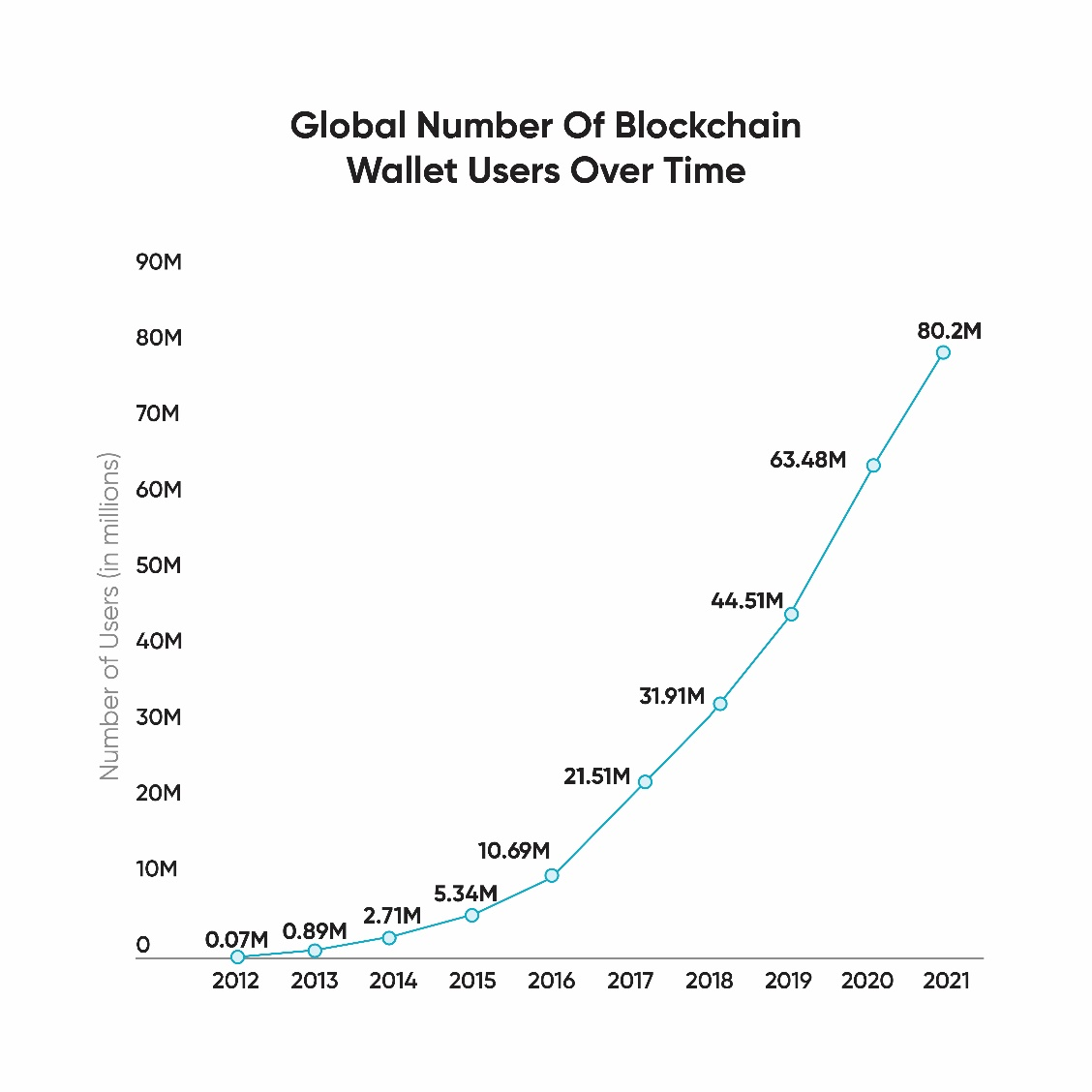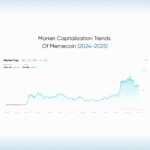Tokenization, once primarily associated with real estate, is now revolutionizing the financial landscape by expanding into private credit and infrastructure sectors. This evolution is not only enhancing accessibility but also reshaping the way investors perceive and engage with fixed-income assets.

The Rise of Tokenized Private Credit
Private credit has rapidly ascended as a dominant force within alternative finance. By 2025, global assets under management (AUM) in private credit have surpassed $3 trillion, driven largely by market participants seeking enhanced yield profiles, reduced correlation with public markets, and alternative avenues for income generation outside of traditional fixed-income products.
This momentum reflects a broader shift in capital allocation, particularly among institutional entities like pension funds, endowments, and sovereign wealth funds. In contrast to publicly traded debt, private credit offers greater control over structuring and risk exposure. However, historically, access to private credit markets has been limited by high entry thresholds, long lock-up periods, and opaque reporting standards.
This is where tokenization has emerged as a transformative solution. By leveraging blockchain infrastructure, tokenized private credit enables fractional ownership, automated compliance, and real-time auditability of private debt instruments. It also introduces programmable yield mechanics and smart contract-based repayment schedules, which reduce administrative overhead and improve capital efficiency.

As of mid-2025, the tokenized private credit market has surpassed $13.3 billion in AUM, according to recent research aggregated by Crypto.news and Investax.io. This figure marks a substantial year-over-year growth trajectory and confirms tokenized private credit as one of the fastest-growing sectors within the real-world asset (RWA) category.
Leading traditional finance players like Goldman Sachs, Franklin Templeton, and State Street have launched tokenized credit vehicles—most notably in the form of on-chain private credit funds, offering accredited market participants access to secured lending instruments through regulated digital asset platforms. These deployments reinforce institutional confidence in blockchain’s role within credit markets and signal a longer-term convergence between decentralized finance tools and legacy finance infrastructure.
In parallel, platforms such as Centrifuge, Maple Finance, and Debut Infotech are enabling private enterprises to raise capital by tokenizing invoice receivables, real-estate-backed loans, and secured business credit—all while incorporating smart contract automation and dynamic risk pricing.
Institutional Adoption and Market Confidence
The integration of tokenized private credit into the broader investment ecosystem is no longer confined to innovation-driven startups. Instead, we’re seeing significant adoption from established global financial institutions, indicating that tokenization has graduated from a niche concept to a core strategic pillar in modern capital markets.
Invesco, a global asset management firm overseeing more than $1.9 trillion in AUM, has begun offering on-chain access to private-side senior loan strategies via enterprise-grade blockchain networks. These tokenized debt structures provide institutions with streamlined workflows, instantaneous settlement, and improved portfolio transparency, all while maintaining compliance with existing financial regulations.
The trend extends across continents. In Europe, Société Générale has issued tokenized loans via the Ethereum blockchain, while Asia’s HSBC is exploring tokenized debt vehicles as part of its broader Web3 innovation roadmap. These initiatives demonstrate a strategic pivot toward digitally native assets that reduce operational friction and offer improved access controls.
Survey data supports this institutional movement. According to a 2025 EY survey on digital asset market readiness, approximately 76% of institutional investors anticipate allocating capital into some form of tokenized real-world asset (including private credit) by 2026. (EY Digital Asset Survey) This number represents a stark rise from just 34% in 2022 and highlights growing institutional belief in the efficiency, transparency, and auditability offered by tokenization.
What’s more, private credit is especially well-suited to tokenization because of its illiquid nature. Institutions historically held these instruments on long timelines with limited liquidity options. Through blockchain-powered fractionalization and secondary marketplace infrastructure, institutions can enhance liquidity without sacrificing yield or security.
Regulatory Clarity Driving Growth
One of the most significant enablers of tokenized private credit’s growth has been a marked shift toward regulatory clarity in key financial jurisdictions. Policymakers, standards bodies, and financial regulators have increasingly acknowledged the importance of digital assets in long-term financial infrastructure.
The CFA Institute, in its 2025 guidance on digital asset market development, stressed that the successful global scaling of tokenized finance requires three key factors:
- Legal certainty in the classification and enforcement of digital securities.
- Regulatory harmonization across markets and jurisdictions to avoid fragmentation.
- Investor protections, particularly in on-chain execution environments.
The United States is actively advancing this framework. Legislative proposals and regulatory guidance are being formulated to support compliant issuance and transfer of tokenized credit instruments under existing securities laws. Notably, the SEC’s 2025 Digital Infrastructure Initiative explores creating regulatory sandboxes for tokenized debt pilots—an effort to lower entry barriers for market experimentation while maintaining investor protection.
At the same time, global institutions such as the Bank for International Settlements (BIS) and the Financial Stability Board (FSB) are evaluating tokenization’s impact on credit intermediation, proposing frameworks that safeguard systemic stability while encouraging innovation.
Firms offering digital asset consulting for compliance, such as blockchain and digital asset consulting groups, are playing an increasingly important role in navigating this evolving regulatory terrain. By assisting startups and institutions in structuring offerings that align with legal mandates, these consultants ensure that tokenized credit projects are built on strong governance and audit frameworks from day one.
Political Support and Infrastructure Development
The political landscape is increasingly supportive of tokenization initiatives. Governments and regulatory bodies recognize the potential of blockchain technology to enhance financial inclusion and efficiency. For instance, collaborations between public institutions and blockchain platforms are being explored to modernize infrastructure financing through tokenized instruments.
Additionally, the adoption of public blockchains like Solana by major banks and financial institutions underscores the commitment to integrating tokenization into mainstream financial operations.
Expanding into Infrastructure and Yield-Generating Assets
Beyond private credit, tokenization is making significant inroads into infrastructure investments. The ability to fractionalize large-scale projects into tokenized assets allows for broader investor participation and improved capital allocation. This democratization of infrastructure financing is poised to accelerate development and innovation in the sector.

Moreover, the tokenization of yield-generating assets, such as money market funds and treasuries, is gaining traction. These developments offer investors enhanced liquidity and real-time settlement capabilities, aligning with the evolving demands of the digital economy.
Educational Imperatives for Informed Participation
As tokenization reshapes the financial landscape, education becomes paramount. Investors and institutions must understand the nuances of tokenized assets, including technological, regulatory, and market dynamics. Engaging with a blockchain asset investments consultant can provide valuable insights and guidance.
Additionally, staying informed through reputable sources and participating in industry forums can enhance comprehension and foster informed decision-making. As the market evolves, continuous learning will be essential to navigate the complexities and capitalize on emerging opportunities.
Learn More About the Evolving World of Tokenized Private Credit
At Kenson Investments, we’re committed to educational engagement in the rapidly expanding landscape of tokenized real-world assets. As tokenized private credit continues to reshape how capital is allocated, it’s critical to stay informed about how infrastructure, credit markets, and blockchain technology are converging.
Whether you’re a market participant exploring blockchain asset consulting, or a startup seeking digital asset consulting for compliance, our resources are designed to help you understand the opportunities and risks across today’s digital finance ecosystem.
Explore our educational materials, whitepapers, and regulatory briefings to deepen your knowledge of tokenization and its role in modern financial architecture.
Disclaimer: The information provided on this page is for educational and informational purposes only and should not be construed as financial advice. Crypto currency assets involve inherent risks, and past performance is not indicative of future results. Always conduct thorough research and consult with a qualified financial advisor before making investment decisions.
“The crypto currency and digital asset space is an emerging asset class that has not yet been regulated by the SEC and US Federal Government. None of the information provided by Kenson LLC should be considered as financial investment advice. Please consult your Registered Financial Advisor for guidance. Kenson LLC does not offer any products regulated by the SEC including, equities, registered securities, ETFs, stocks, bonds, or equivalents”














